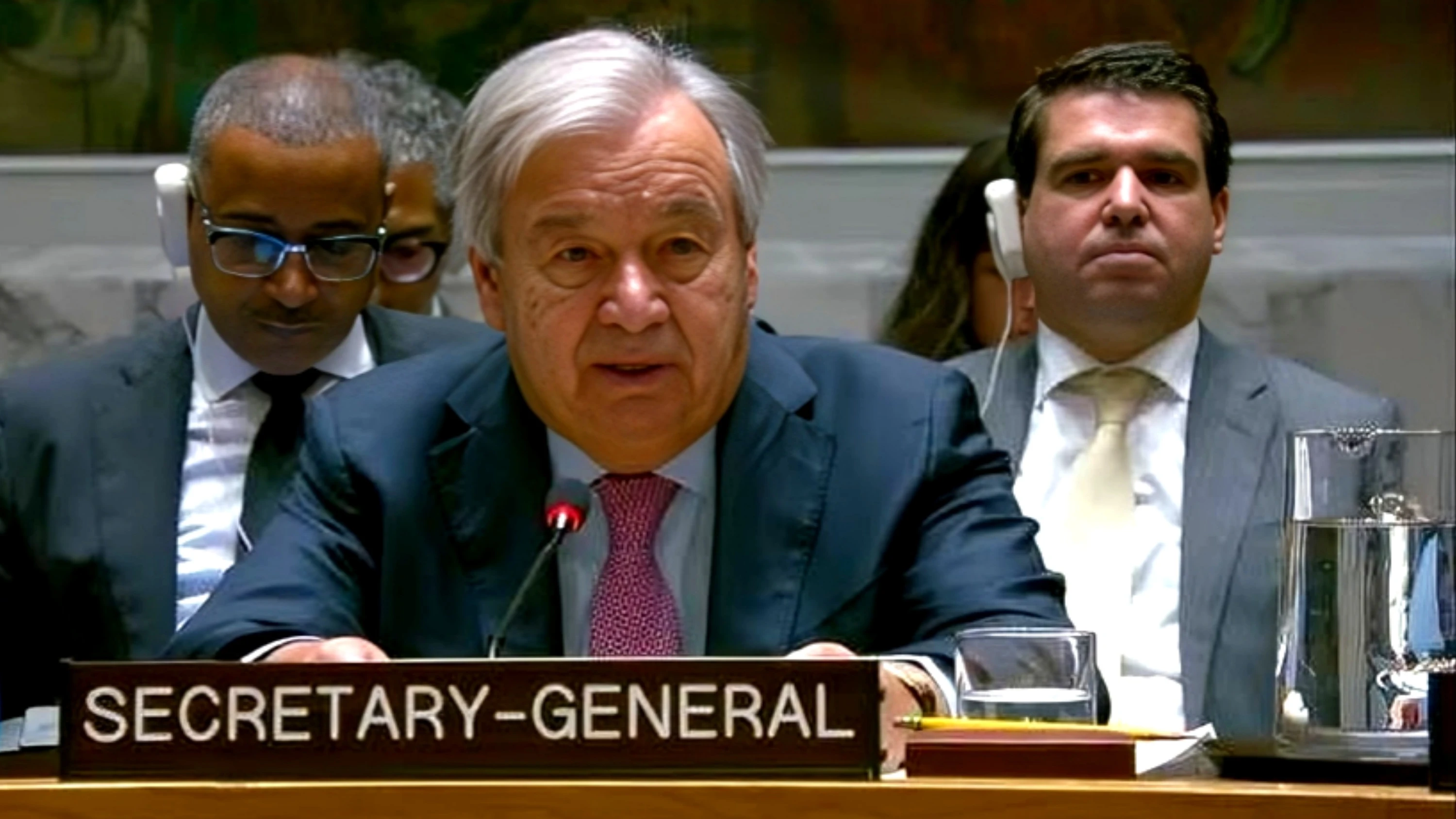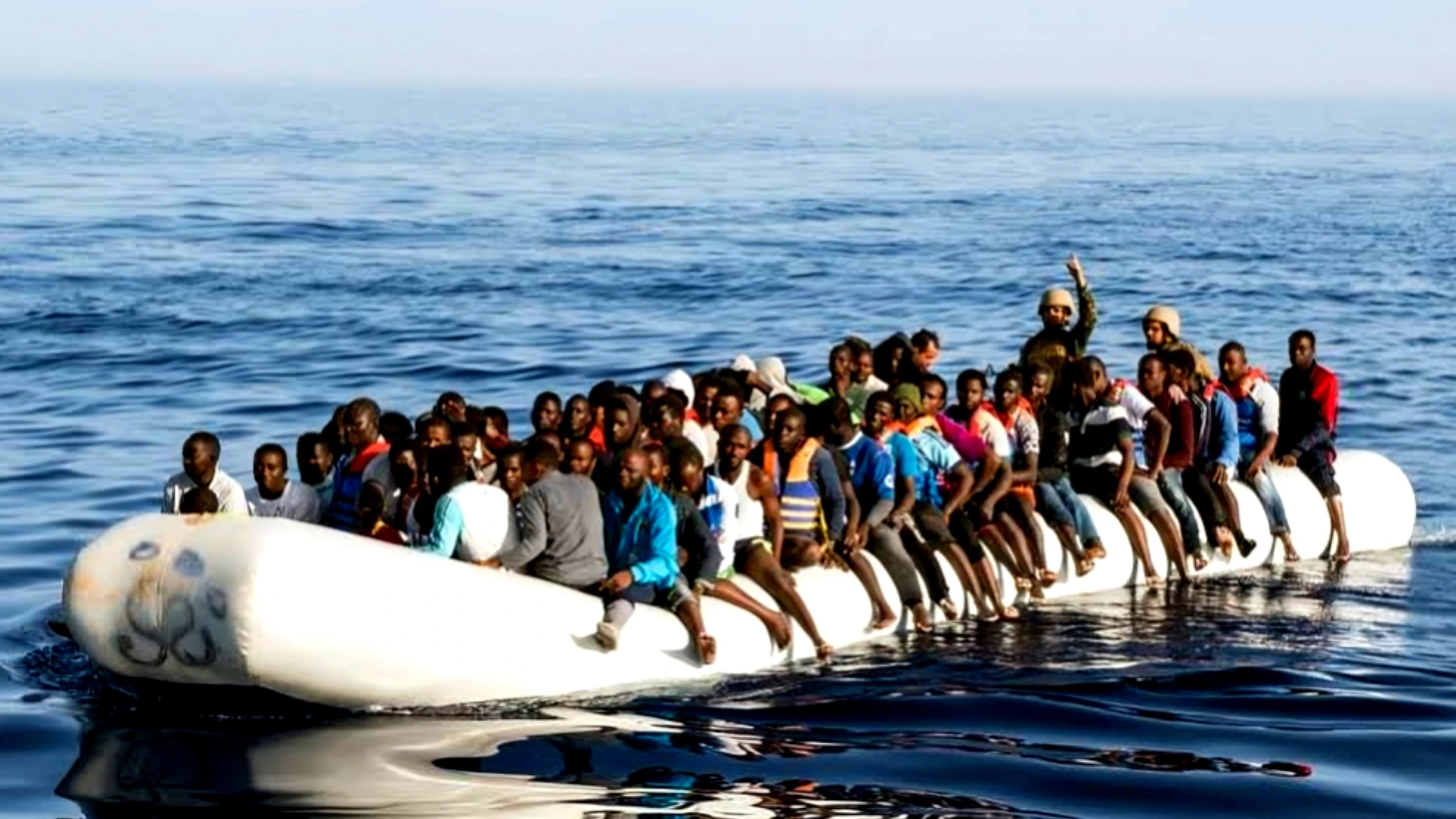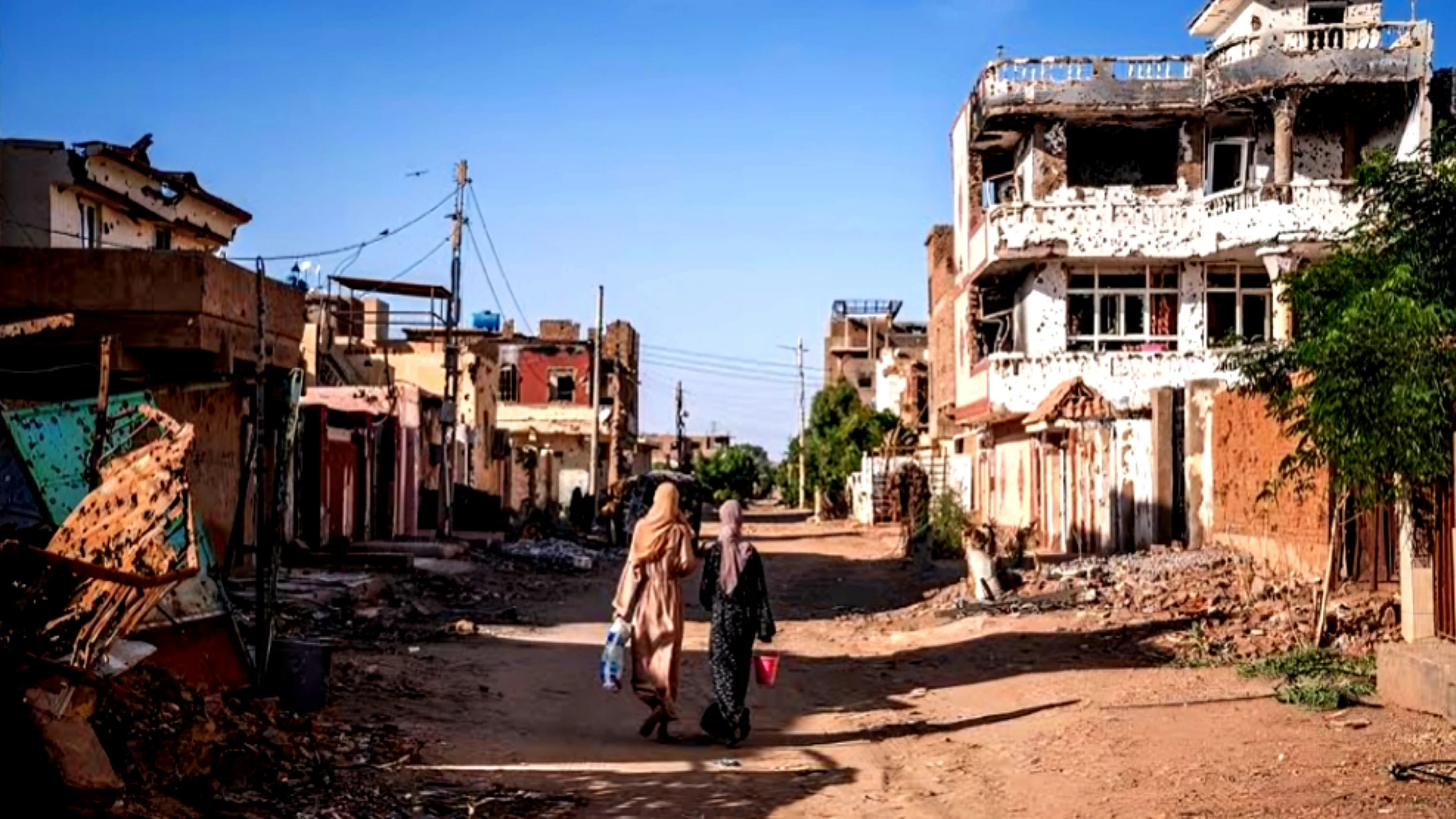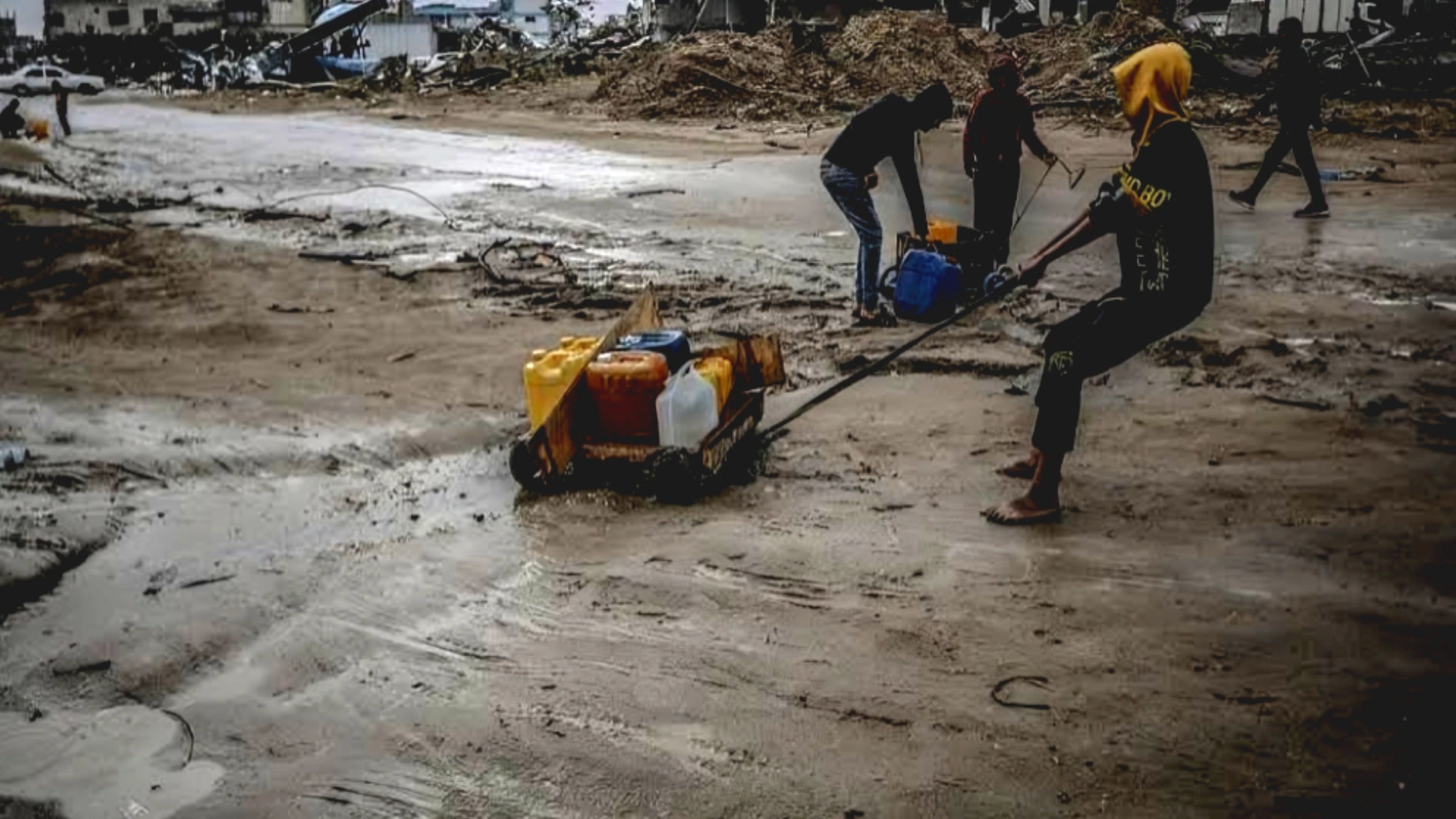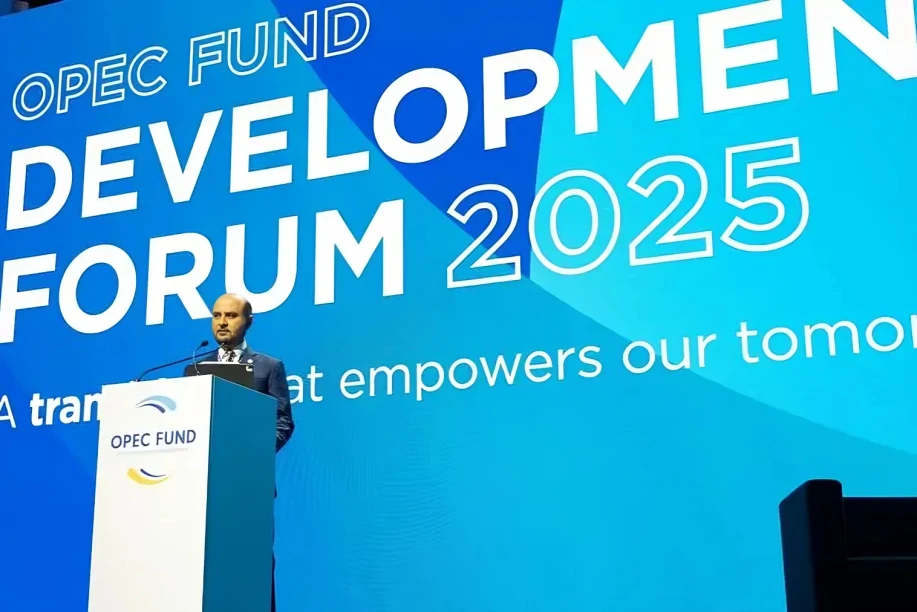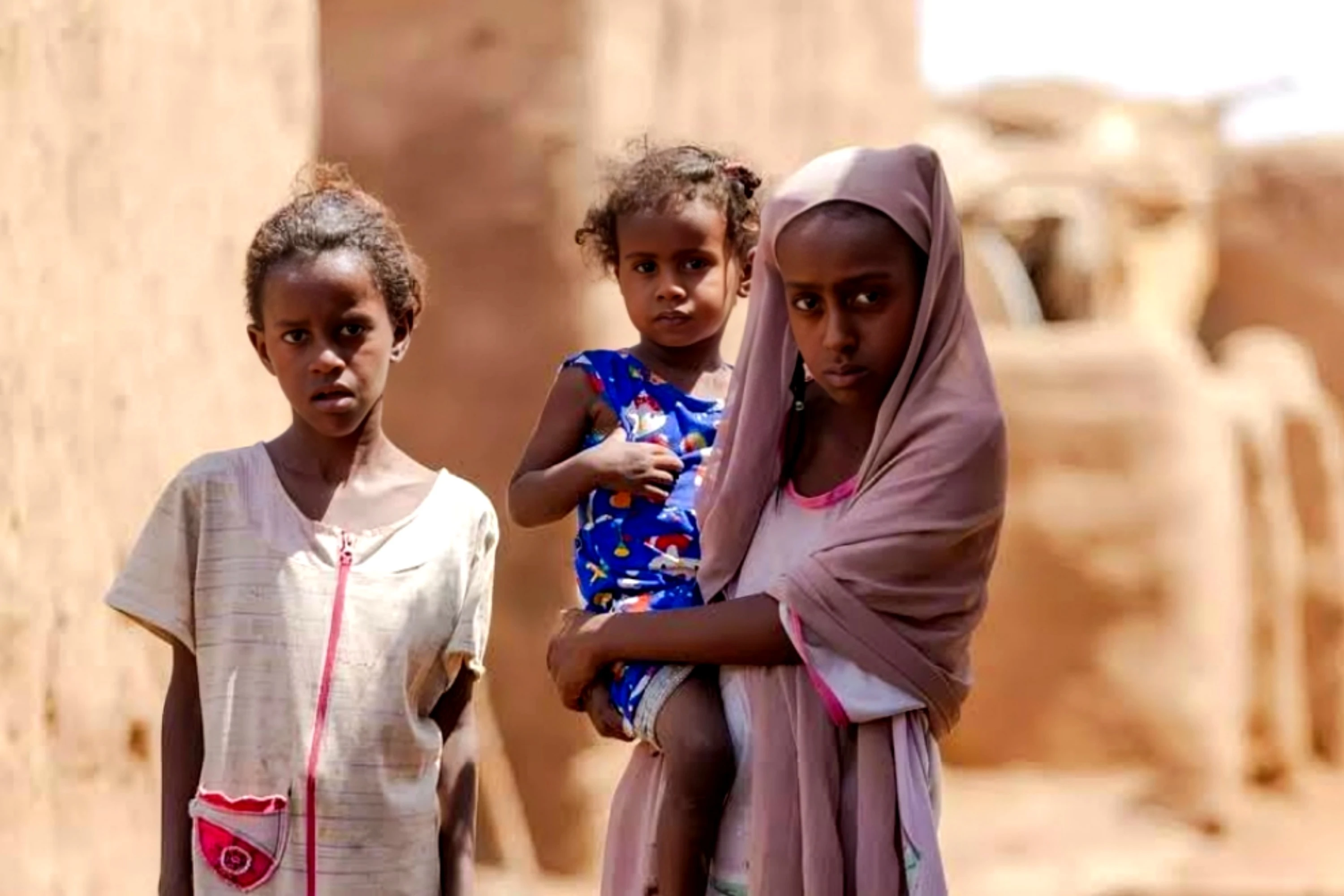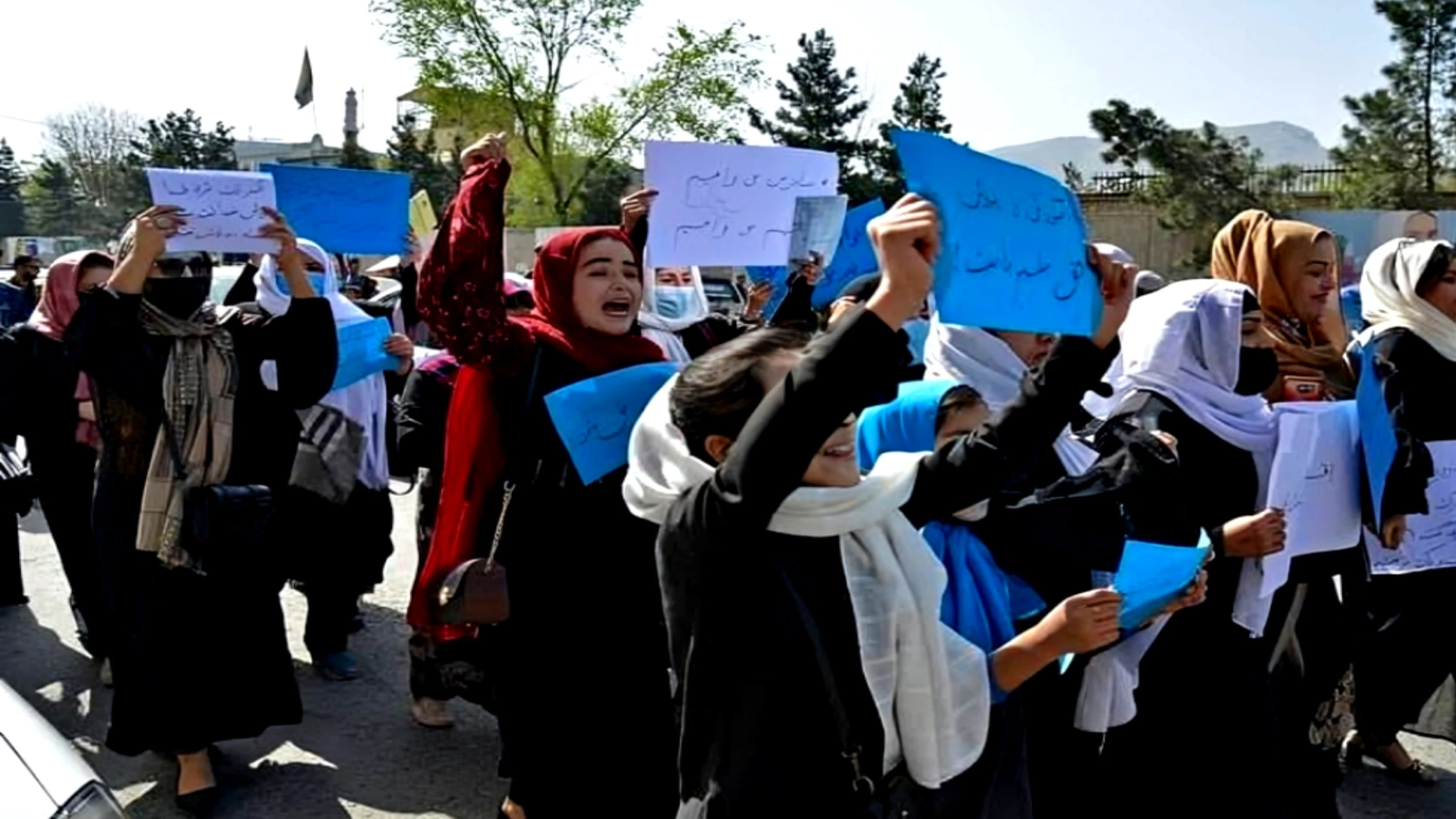New York/Istanbul: Amid escalating hostilities between Israel and Iran, senior United Nations officials issued an urgent appeal for restraint on Saturday, warning that further military action could unleash a new wave of displacement and deepen an already critical humanitarian crisis in the Middle East.
The call comes as tensions spiral in the wake of Israel’s recent strikes on Iranian nuclear-linked facilities, adding fuel to a regional fire already intensified by the ongoing war in Gaza and the worsening plight of Palestinian civilians.
The UN Refugee Agency (UNHCR) reported signs of displacement from both Israel and Iran, citing growing fears among civilians caught in the crossfire. According to the agency, some residents of Tehran and other Iranian cities have fled, with a number crossing into neighboring countries, while missile strikes in Israel have forced families to seek shelter elsewhere domestically and abroad.
“This region has already suffered immensely from conflict and displacement. We must not allow another refugee crisis to unfold,” said Filippo Grandi, the UN High Commissioner for Refugees. “De-escalation must happen now—once people are forced to flee, the consequences are long-term and often irreversible.”
UNHCR emphasized the importance of safeguarding asylum rights and ensuring humanitarian access for all affected, while urging all parties to respect international law and protect civilian lives and infrastructure.
The crisis intensified following Israeli air raids on several Iranian nuclear-related sites, including a centrifuge assembly facility in Esfahan. The International Atomic Energy Agency (IAEA) confirmed this was the third such site targeted in a week. Director General Rafael Grossi clarified that while no nuclear material was present at the targeted locations, continued attacks on nuclear infrastructure pose serious risks to safety and stability.
“These facilities are well known to the IAEA and were under surveillance as part of the 2015 nuclear deal,” Grossi said. “Although no radiological damage has occurred yet, the threat remains real.”
The IAEA has documented attacks on facilities in Esfahan, Arak, Karaj, Natanz, and Tehran since Israel launched its military campaign against Iran on June 13. The agency continues to brief the UN Security Council, which has so far failed to reach a consensus on how to respond.
In an emergency meeting in New York, UN Secretary-General António Guterres warned the Council that further escalation could lead to uncontrollable consequences. “This is a fire that no one can put out if it spreads,” he said.
Meanwhile, conditions in Gaza are deteriorating rapidly. Speaking at a meeting of the Organisation of Islamic Cooperation in Istanbul, UNRWA Commissioner-General Philippe Lazzarini described a population on the brink of starvation and a humanitarian response that is failing to meet even the most basic needs.
“Two million people in Gaza are being starved,” Lazzarini said. “The newly established aid mechanism is ineffective and degrading—it is causing more harm than relief.”
He noted that nearly two years of conflict have left Gaza devastated, with local authorities reporting over 55,000 deaths, most of them women and children. Survivors face immense psychological and physical trauma, with infrastructure in ruins and services barely functioning.
Lazzarini also raised alarm over growing displacement in the occupied West Bank, where he warned that changes on the ground appear aimed at dismantling prospects for a two-state solution and eroding Palestinian refugee rights.
“UNRWA itself has become a target,” he said, pointing to the deaths of over 300 agency staff in Gaza, expulsion of international personnel, and an orchestrated campaign of disinformation threatening the agency’s funding and legitimacy.
Despite immense challenges, UNRWA continues to deliver critical services, including thousands of medical consultations daily and support for sanitation and shelter. However, its financial resources are rapidly dwindling.
“If new funding does not arrive soon, we will be forced to make decisions that could halt operations across the region,” Lazzarini warned. “This would further destabilize a region already under immense strain.”
He urged UN Member States to act decisively to support the agency and prevent a deeper humanitarian collapse.


